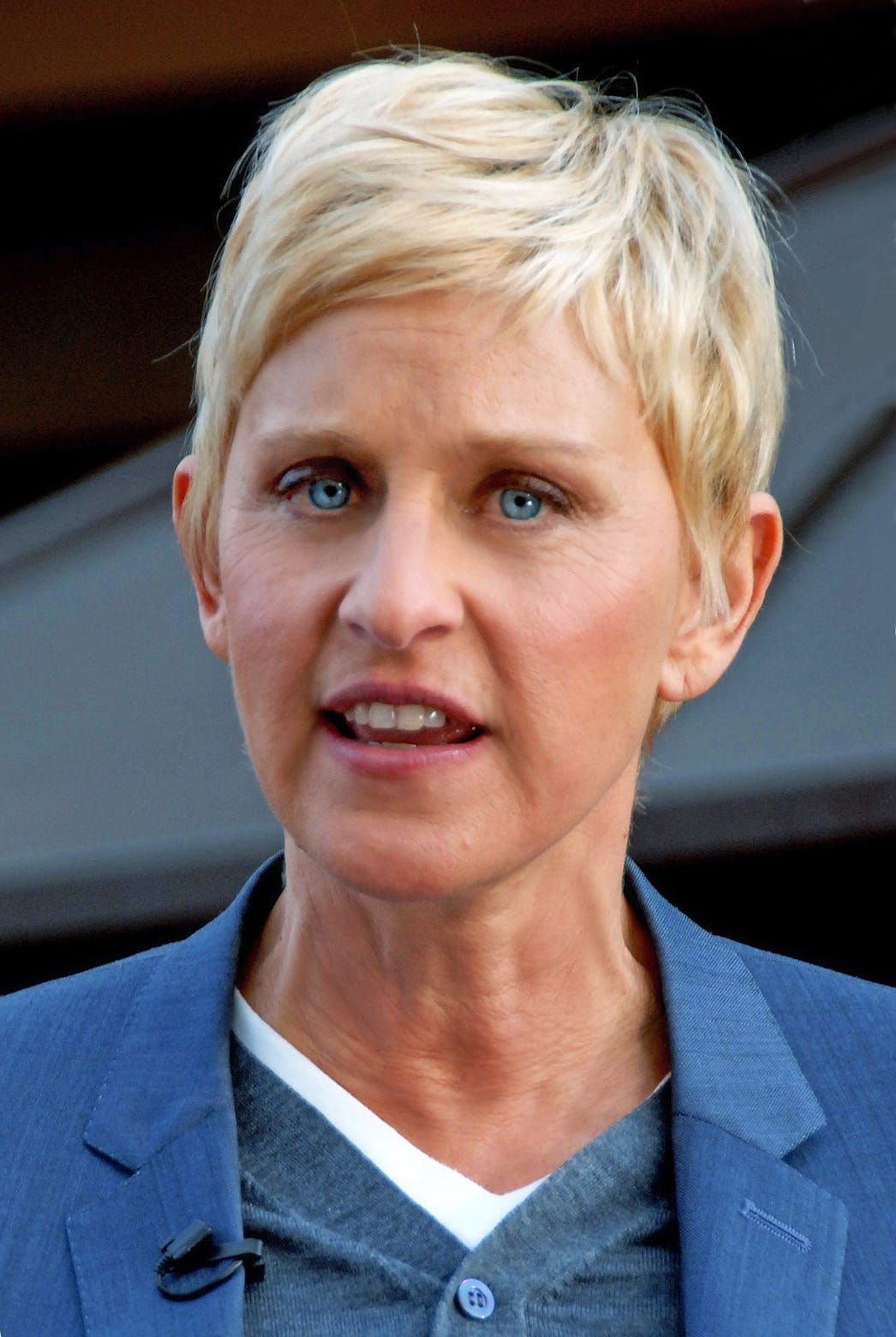The two COVID pandemics
Let’s talk about Ellen DeGeneres a little but. Not about Anna Heche, and not about her kids show being cancelled, but about the early days of the COVID pandemic. Does anyone else remember how she compared COVID isolation to prison time? And how very poorly that went over with the general public?
Right then, Ellen was having the same feeling we were all having. Trapped and unhappy and restricted. But Ellen was in a luxury mansion with landscaping, and grounds and probably servants. She had the same feeling but she did not have the same lived experience.
That’s the strange thing about the COVID pandemic. In so many ways, it’s been a deeply communal experience. The early terror when we didn’t know how it spread. Anyone could be infected, in any way. And anyone could, and did, die. Meat loaf died of COVID. Colin Powell. Larry King. Phil Spector. Herman Caine. Cloris Leachman. André Leon Talley.
We saw Italian hospitals collapse. We saw New York and LA piling bodies into refrigerator trucks. We saw China locking people into their homes. We all saw the same things on the news. We all felt the same fear. It’s tempting to think we’ve all had the same experience, but that’s where everything falls apart.
Because we all felt the same things, but, like Ellen, we didn’t all live through the same stuff.
Broadly speaking, people with well-paid white collar jobs have been able to shift to remote work. It was annoying, and in many cases less efficient. Companies handled it badly. Childcare was a living nightmare. But almost everyone got a laptop and got on with it. Everyone had a guest room or a living room or a dining nook or whatever to set down their computer and do their job over zoom.
Once the stay at home orders had passed, these work at home people got to isolate themselves as much or as little as they wanted to. They were able to choose their risk level to a large degree. Call it the Emily Oster approach.
Then you have everyone else. Plumbers and electricians have to do their jobs in person. And grocery store workers, delivery drivers, and people stocking warehouses. Bartenders, restaurant managers, sanitation workers, flight attendants, bus drivers. So many categories of jobs just can’t be done in a google hangout.
These are the people who did not get to choose their risk level if they wanted to get paid. These are the people who have had COVID twice by now. These are the people who’ll probably get it a third time. The lucky ones have union jobs with good health care. The uber drivers and manicurists? It’s grim.
Some of us have faced the pandemic in houses with yards and enough rooms that if someone got COVID they could isolate in a room. Living with spouses and kids who all agreed on risk levels. Some of us faced the pandemic in crowded apartments with roommates they barely knew. Some of us lived in multigenerational households with family members who refused to stay home, even when the pandemic was at its peak. Some of us have faced the pandemic in domestic violence shelters.
And that’s just in the US. Global variations are a whole other giant thing.
Same fears, same virus. Two pandemics that feel the same yet affect your life to very different degrees. A faux communal experience, maybe?
This difference in experience matters. It’s one of the core divisions driving polarized societies. It has to be. It determines, I suspect, whether you think that maintaining COVID precautions is sensible - or paranoid. Whether you think COVID is over and everyone should stop whining. What you want from government leadership. It ties into race and class and geography, and it ties into education.
I think there’s more, though. I’m missing something. Any ideas on what it is?



